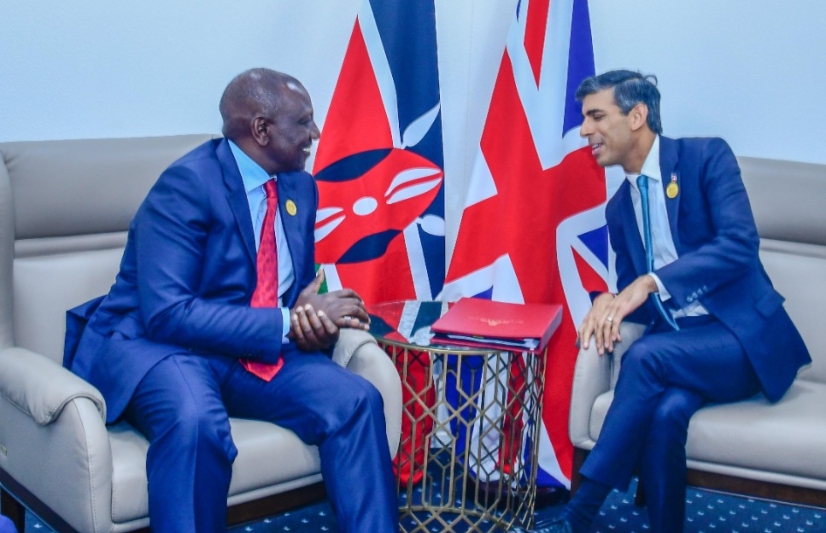Africa should lead in climate change war

International climate change conferences — such as the ongoing United Nations climate meeting in Egypt — are heavy investments, and as such, participants have no choice but to come up with solid action plans, not just fair words and hot air.
Nothing is more important for the African continent than leaders fully participating in such events and making their positions felt and their presence to count for something.
This year’s meeting has been termed the Africa COP, not because it is being hosted in the continent, but because it is among the most impacted by effects of changing weather patterns despite being the least contributor to the causes.
Africa accounts for the smallest share of global greenhouse gas emissions, at just 3.8 per cent, compared to 23 per cent by China, 19 per cent by the US, and 13 per cent by the European Union. This is why it is important to see Africa being prioritised during negotiations.
Over a decade ago, governments around the globe made a pledge to allocate $100 billion (Sh121.1 billion) annually by 2020 to help developing countries, such as Kenya, address the climate change emrgency, but the commitments have gone unfulfilled.
Even if rich countries were meeting their commitments, that wouldn’t be nearly enough. Africa alone faces a climate-financing gap of about $108 billion each year, according to the African Development Bank, amid growing economic shocks from the coronavirus pandemic and the Russia-Ukraine war. Developed nations should step up further.
The meeting early last month by African government representatives in Kinshasa to prepare for the COP summit should have come up with concrete measures to mitigate the effects of climate change and speak in one voice as they seek enough climate finances.
This is, however, not to say that African countries should not lag behind in budgetary allocations to climate change adaptation and mitigation measures. They should action their commitment instead of over-relying on funds from the West.
In fact, the continent should start looking at itself as the ultimate source of solutions to the crisis, for instance, deploying the potential of hydro, wind, geothermal and solar energy and the recently discovered green hydrogen, which could be a game changer for the planet.















